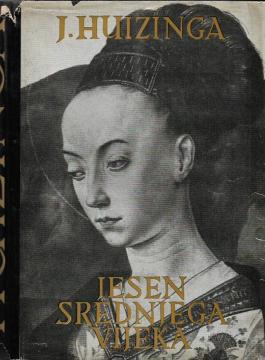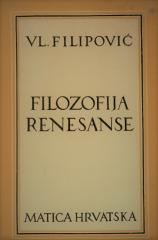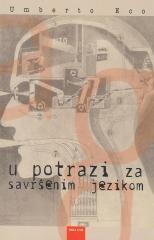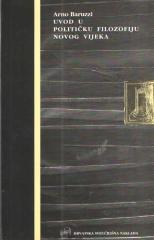
Jesen srednjega vijeka
The classic book by the prominent Dutch historian Johan Huizinga (1872-1945) “The Autumn of the Middle Ages” was published a hundred years ago, in 1919, and remains one of the most famous works on the Middle Ages to this day.
The Autumn of the Middle Ages is a classic historiographical work by the Dutch historian Johan Huizinga, which depicts cultural and social life in France and the Netherlands during the 14th and 15th centuries. Rather than focusing on political events, Huizinga analyzes the mentality, symbolism, and everyday life of people towards the end of the Middle Ages.
Huizinga portrays the period as a time of decadence and emotional over-emphasis, dominated by pessimism, mysticism, and intense religiosity. The art and literature of the period are permeated with images of death, moral sermons, and rituals that reflect a deep insecurity and a sense of the end of the world.
The author argues that the end of the Middle Ages was not an abrupt break, but a slow “withering away” of old values, as seen through the culture of courtly customs, chivalric ideals, and ceremonialism. Although often perceived as a dark age, Huizinga shows that it was also a period of great sensitivity, imagination, and spiritual intensity.
The work is pioneering in cultural history and, although controversial, remains essential reading for understanding the transition from the Middle Ages to the Renaissance.
No copies available
The last copy was sold recently.





